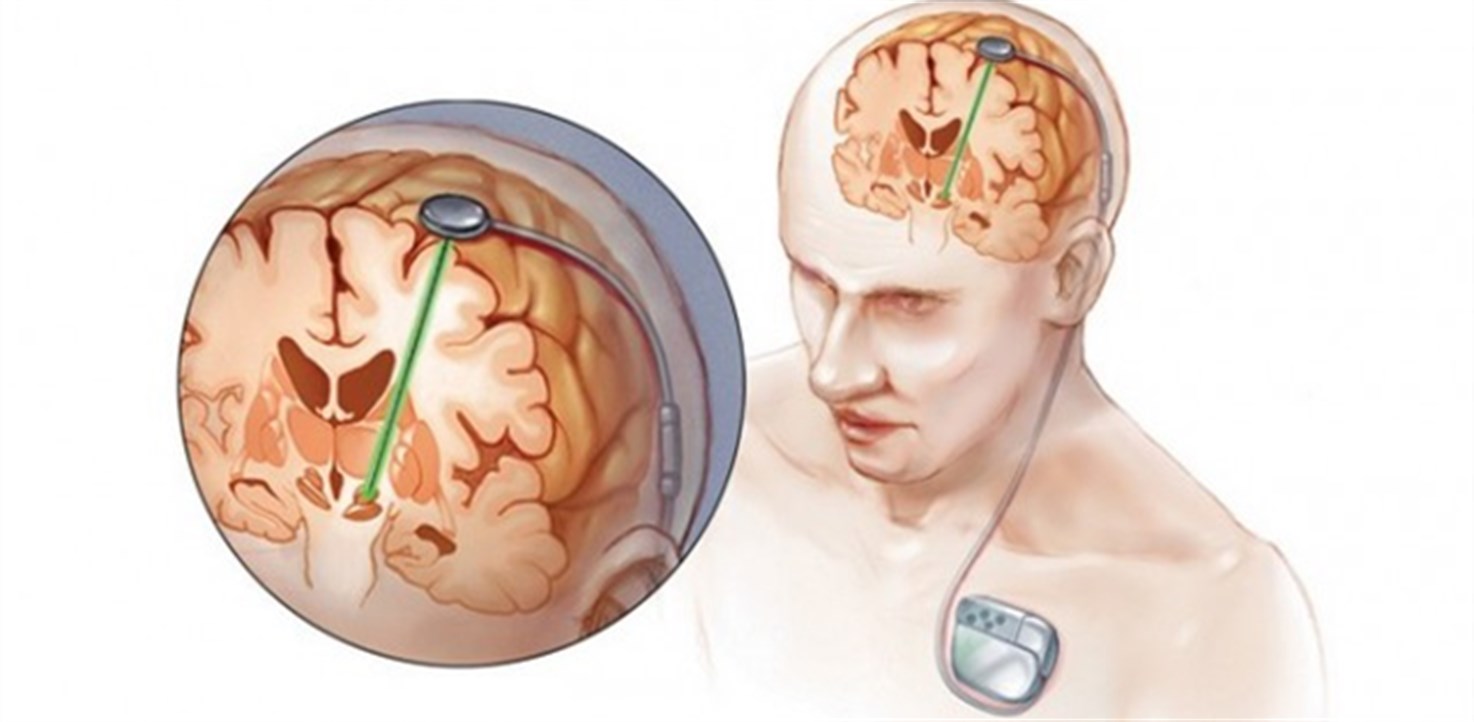Baylor neuroscientist awarded BRAIN grant to study DBS to treat OCD
Congratulations to Dr. Wayne Goodman, Baylor Neuroscientist awarded an NIH Brain Grant to Study DBS, Obsessive Compulsive Disorders (OCD)
The NIH’s National Health’s National Institute of Neurological Disorders and Stroke recently granted physician and scientist, Dr. Wayne Goodman a grant to advance research in developing a whole new generation of deep brain stimulation intended to treat patients with severe obsessive compulsive disorder (OCD). Dr. Goodman is the chair of the Menninger Department of Psychiatry and Behavioral Sciences at Baylor College of Medicine in Houston, Texas.
The grant is part of the Brain Research through Advancing Innovative Neurotechnologies (BRAIN) Initiative began by President Obama in 2013. The BRAIN initiative provides funding to neuroscientists with an aim to revolutionize our understanding of the human brain. The hope is that better understanding the brain’s 100 billion neurons and 100 trillion connections will accelerate the diagnosis, treatment, and eventually prevention of debilitating neurological diseases such as Parkinson’s, autism, and epilepsy. The initiative has awarded $150 million to various research groups so far.
Goodman and his collaborators at the University of Pittsburgh and Brown University will be awarded $1.5 million a year for five years to develop this technology. Their industry partner, Meditronic, will engineer the devices for the project.
Deep brain stimulation (DBS), has been used in over 140,000 adults worldwide to treat a variety of movement disorders such as Parkinson’s Disease. To perform the procedure, neurosurgeons place electrodes on the brain connected to a pacemaker-like device. The electrical stimulation produced can help control the parts of the brain causing disorder. The use of DBS for OCD in this project is particularly significant because it is the first time the FDA has granted any type of approval for the use of neurosurgery as a treatment for a psychiatric disorder.
“We proposed a pilot study in 10 subjects with severe, treatment-resistant OCD,” Goodman said in a statement. “In our first five subjects we’re going to be targeting the same area of the brain, called the ventral striatum, that is currently approved for treatment under the Human Devise Exemption from the FDA.”
Goodman explained that they first want to train a computer in the room with the OCD patient and programmer to learn the emotional and behavioral state of the patient using a camera-based computer system. The computer will learn to associate certain brain activity with these different states. The device will then stimulate the brain based on the patient’s state to deter unwanted symptoms of OCD.
Ultimately, Goodman said, this research will not only improve DBS technology, but also shed light on the brain circuitry associated with OCD. In the long-term, he hopes this data will help develop less invasive treatments for OCD.
About Wayne Goodman, M.D.
Wayne K. Goodman, MD, a pioneering researcher in the field of Obsessive-Compulsive Disorder (OCD), has been named Chair of Psychiatry at Mount Sinai School of Medicine, effective July 1, 2009. Dr. Goodman comes from the National Institute of Mental Health (NIMH) where he is Director of the Division of Adult Translational Research and Treatment Development. Prior to joining NIMH, he served as Chairman of the Department of Psychiatry at the University of Florida in Gainesville.
In 1985, Dr. Goodman founded and served as Chief of the Obsessive Compulsive Disorders Clinic at Yale University’s Clinical Neuroscience Research Unit. He is the principal developer of Y-BOCS, the rating gold standard for OCD, and he conducted some of the first controlled trials of selective serotonin reuptake inhibitors. Dr. Goodman was the co-founder of the Obsessive Compulsive Foundation, which is the major consumer advocacy organization for OCD, and served as chair of its scientific advisory board for 10 years.
In his NIMH position, Dr. Goodman experienced first-hand that success in extramural funding of clinical research goes to those investigators who have partnered with basic neuroscientists to develop vertically integrated translational research programs, said Dennis S. Charney, MD, Anne and Joel Ehrenkranz Dean of Mount Sinai School of Medicine and Executive Vice President for Academic Affairs at The Mount Sinai Medical Center. “With our wealth of potential basic science partners, whose work is relevant to psychiatric disorders, and Dr. Goodman’s outstanding track record, Mount Sinai is poised to become the model for conducting clinical neuroscience research beyond traditional departmental boundaries.”
Dr. Goodman said, “Mount Sinai offers unparalleled opportunities to bring to bear new technologies and innovations in drug discovery targeting major neuropsychiatric disorders, such as Schizophrenia, Alzheimer’s Disease, Depression, Autism, PTSD, OCD and Bipolar Disorder. I look forward to working with my colleagues in the other brain sciences to attain this goal.”
Dr. Goodman has published more than 200 articles in scientific journals and has received several prestigious honors, including the Mysell Lecture Award from Harvard University and recognition as one of the Best Doctors in America from 2003–2008.
Dr. Goodman is a member of the American College of Neuropsychopharmacology, Distinguished Fellow of the American Psychiatric Association, and Acting Chair of the FDA’s Psychopharmacologic Drug Advisory Committee. He also serves on the Governor’s Council on Suicide Prevention in Florida.
A native New Yorker, Dr. Goodman graduated from Columbia University with a BS in electrical engineering. He received his medical degree from Boston University and completed his internship, residency, and a research fellowship at Yale University School of Medicine where he remained on faculty until 1993.
Relevant Links
Wayne Goodman Information
Similar News Stories at Academic Med:




